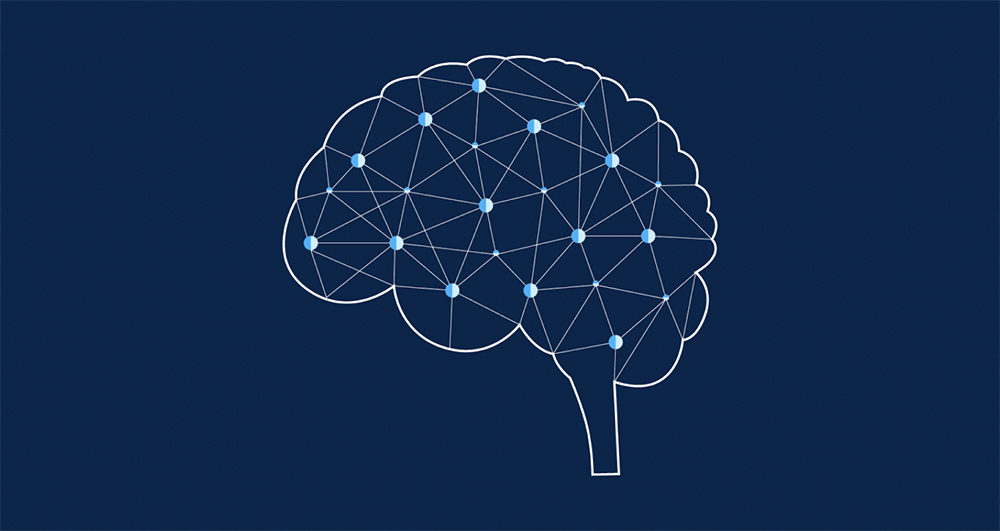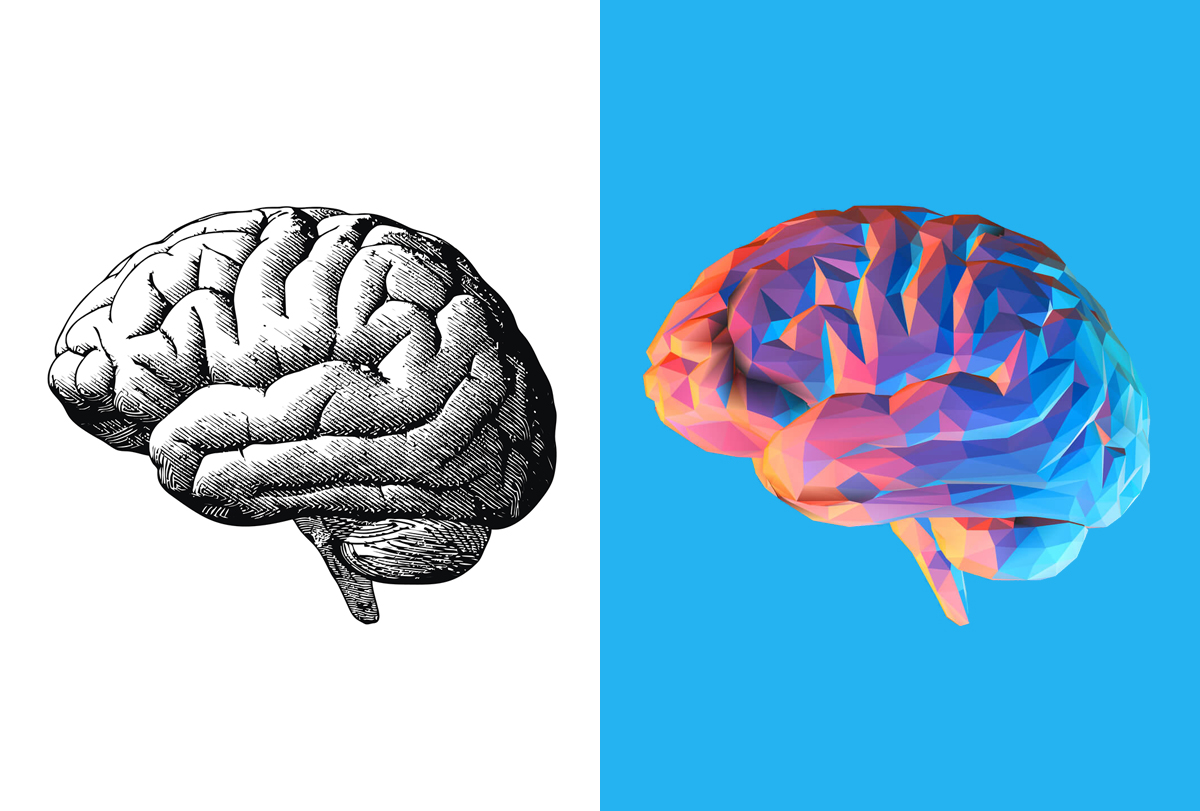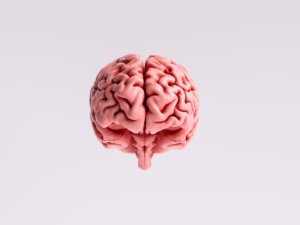As it is known, the brain is a whole consisting of the combination of the right and left lobes. Both areas of the brain are responsible for different activities. In the brain, the left lobe is dominant for activities such as correct communication, language learning , and the speech and language center is located in this region. The left area, where auditory and visual learning takes place, also controls the right side of the body.
While learning a foreign language, our brain starts to change actively. Let’s take a look at these changes together:
High cognitive activity related to foreign word learning.

The words and intonations you have heard in your mother tongue since childhood do not make a difference because your brain is used to them. Thus, your mental activity remains stable.
While learning a new language, the word you are trying to learn actually stays in your memory as a result of a very long process.
While the auditory cortex in the brain transforms incoming sounds into neural impulses, it also tries to make sense of the source of the sound heard. Neural information is then carried to the Wernicke area in the left lobe of the brain. Thanks to the Wernicke zone, incoming sounds are converted into words and sentences. Broca, the language production area, formulates the responses, then pronunciation occurs in the motor cortex.
This process ensures that your brain is constantly trying to make sense of it while learning a new language. On the other hand, it increases your brain performance.
Physical and mental performance increase through learning experience.

A study conducted at Penn State University succeeded in imaging with fMRI technology what changes occur in the brain while learning a foreign language.
Two groups of 19 people of different ages were brought together for the study. First, fMRI scans of both groups were performed. Then, one group was given Mandarin Chinese lessons, while the other group was given up-to-date lessons in their mother tongue. At the end of this 6-week course period, the brain scans of the volunteers in the groups were performed again.
Volunteers who learned Mandarin Chinese were observed to have increased brain weight and better integration of neural networks. This meant faster and more effective learning. Researchers interpreted this situation as the acceleration of electrical connections between axons and dendrites, resulting in the brain’s capacity to learn more quickly and permanently in other subjects.
“The brain experiencing second language learning changes in terms of increased density of gray matter (Grey Matter-GM) and white matter (White Matter -WM). This change can be seen regardless of age. In addition, this difference can occur quickly with short-term language learning or training. Moreover, this change becomes personalized according to age, acquisitions, proficiency, level of performance, distinctive language characteristics and individual differences.















